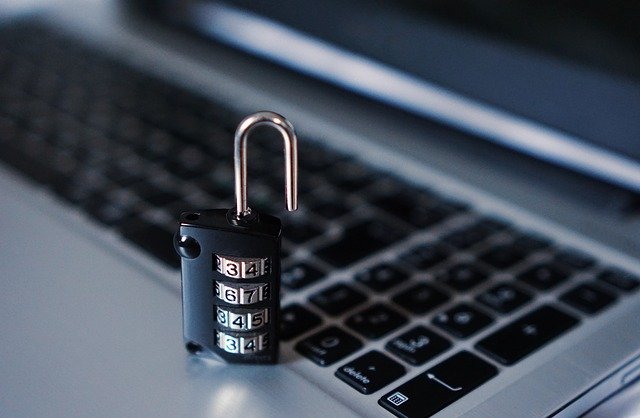A solid, dependable antivirus tool is often a must-have for any well-secured cybersecurity system. Along with this, anti-malware applications are also crucial. They function as the last frontier for protecting your system against unwanted attacks if they even manage to get past your firewall.
Without this application, your system is left exposed to cybercriminals and spyware programs which can put your PC at risk. Many people subscribe to free antivirus programs available online. While they are a good way to stay protected, these tools are not very effective in terms of real-time protection against hackers.
They do not have the ability to detect and remove known malicious worms or viruses from your machine. However, there are two common reactive cybersecurity measures you can take to protect your PC from hackers. The first form of cyber-security measures for small businesses is prevention.

It’s a good idea to implement a system where employees are required to download a specific file before they can gain access to company information or proprietary data. The file is usually an application that scans all incoming emails, downloads a list of frequently accessed websites, and runs a complete virus scan on newly connected computers.
In the event that an attack does make it through this type of security measure, the computer will be locked until the user affirmatively confirms that they want to open the file. This ensures that even if an unauthorized access event does occur, the employee would still have access to company information.
While prevention is by far the most important among the forms of proactive cybersecurity measures for small businesses, this option does not guarantee that a hacker won’t manage to get into your system. It can also prove problematic if your employees download unapproved programs onto their workstations without your knowledge or permission.
A more effective method for detecting unauthorized access is to use a combination of both proactive and reactive cybersecurity measures. For proactive measures, companies need to be sure that they have the tools and resources available to detect, stop and remove malicious software that infects their networks.
This includes performing weekly malware threats checks using real-time software that can notify them about harmful software and help them address the problem by either blocking the program or removing the infected program. Information security alerts are also an easy options for knowing the status of your cyber security in such a simple and hassle-free way.
Many times, antivirus software will not identify known malware on company networks and is often useless in detecting malware that has entered the network via a third party’s Internet connection. Companies that perform vulnerability assessment, malware threat assessment, and malware enforcement are also better able to block unknown sources of attacks.
A proactive approach to cybersecurity may mean that companies install computer software that performs threat hunting. The goal of this kind of software is to find the source of cyber-attacks so that companies can block them before they do substantial damage.
After finding the source, the software will then attempt to determine if the threat has been passed along to the system or if it has gone away after the attack. If it determines that the threat has not been passed on, the software will usually shut the program down so that it does not cause further damage.
A reactive approach to cyber-security refers to security measures that companies take after finding that there has been unauthorized access to a company network. This might involve changing firewall rules or creating policies to ban specific types of software.
Cybersecurity experts note that prevention is always the best solution to avoid unauthorized access to your computer systems. By creating a protective firewall and installing anti-virus software that detects known malware, you can greatly reduce the threat of cyber-attacks on your network.

In addition, by changing the passwords of important information and deleting documents that are no longer in use, you can also prevent hackers from accessing your confidential information. A proactive approach to cybersecurity would require that companies practice anti-virus and anti-spyware scanning on a regular basis.
This could mean conducting scans daily or even weekly. Companies that are operating on a tight budget should also consider using free virus definition files that they can download from the internet to protect their systems from potential viruses.
Finally, companies should make it a habit to update their anti-virus and anti-spyware programs regularly, as these viruses are just as often on the internet as they are on a company network. By taking a more comprehensive approach to combating cyber threats, a proactive approach could ultimately prove to be more effective than a reactive one.

